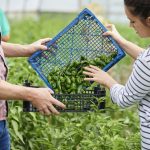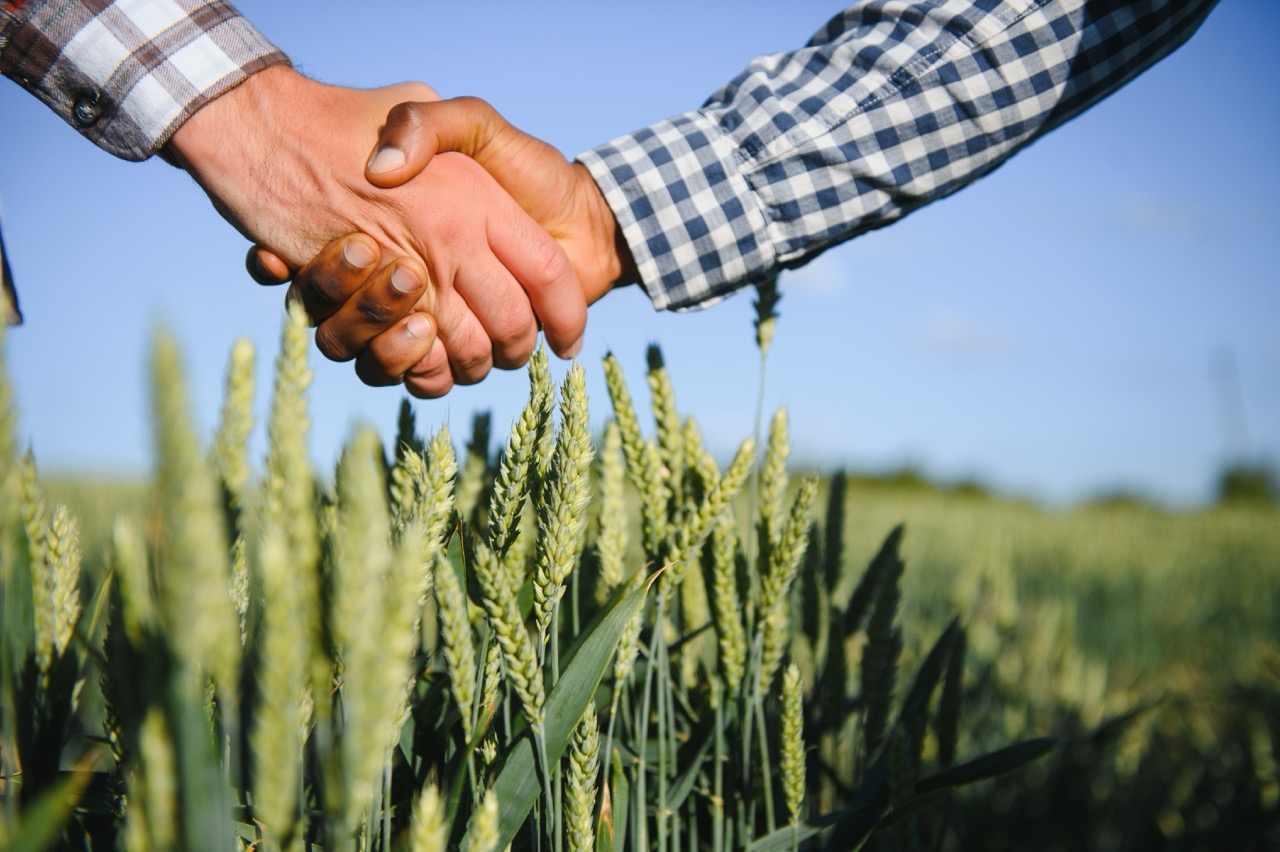The integration of artificial intelligence (AI) into agriculture marks a pivotal evolution in how crops are managed and nurtured. As the global population continues to rise, the demand for efficient and sustainable food production intensifies. AI technologies are stepping in to bridge the gap between traditional farming practices and modern agricultural needs. From data-driven decision-making to automating labor-intensive tasks, the role of AI in crop management is reshaping the landscape of farming. This article explores how AI is transforming crop management practices, enhancing precision agriculture, addressing production challenges, and fostering sustainability in farming.
How AI is Transforming Modern Crop Management Practices
The advent of AI technologies has ushered in a new era for crop management. Farmers are increasingly leveraging AI-driven tools to analyze vast amounts of data collected from fields. These tools can process information from various sources, such as satellite imagery, weather forecasts, and soil sensors, to deliver actionable insights. As a result, farmers can make more informed decisions regarding planting schedules, irrigation strategies, and pest control measures, leading to increased yields and reduced waste.
AI algorithms can predict crop performance under differing environmental conditions, allowing farmers to tailor their strategies to maximize results. Machine learning models can analyze historical data to identify trends and forecast future outcomes, giving farmers a competitive edge in managing their crops. This data-centric approach not only helps in optimizing resource allocation but also minimizes the environmental impact by allowing for a more judicious use of fertilizers and pesticides.
Moreover, AI technologies are increasingly being integrated into decision support systems that assist farmers in real-time. These systems can alert farmers to potential issues, such as disease outbreaks or pest invasions, before they escalate. By facilitating timely interventions, AI not only enhances crop health but also promotes better resource management, ensuring that agricultural operations remain both economically viable and environmentally responsible.
Enhancing Precision Agriculture with AI Technologies
Precision agriculture, a farming management concept that uses information technology to ensure that crops and soil receive exactly what they need for optimum health and productivity, has significantly benefited from AI advancements. AI technologies enable farmers to gather and analyze data with unprecedented accuracy, facilitating the application of nutrients, water, and pesticides in a more targeted manner. This not only improves crop yield but also reduces costs associated with over-application and waste.
Robotic technologies powered by AI are also making strides in precision agriculture. Automated machinery equipped with sensors and cameras can identify crop health at an individual plant level. This allows for interventions to be applied precisely where they are needed, thereby minimizing the use of chemicals and enhancing the overall sustainability of farming practices. Drones, another powerful tool in precision agriculture, can survey large areas of land quickly, providing farmers with aerial data to assess crop condition and identify problem areas.
AI’s role in precision agriculture extends to optimizing irrigation practices. Smart irrigation systems utilize AI to analyze soil moisture levels and weather data, ensuring that crops receive the right amount of water at the right time. This not only conserves water resources but also supports the health of the crops, leading to improved quality and yield. As precision agriculture continues to evolve, the integration of AI technologies will play a crucial role in shaping the future of efficient farming.
Addressing Challenges in Crop Production Through AI Insights
Crop production is fraught with challenges, including unpredictable weather patterns, pest infestations, and soil degradation. AI offers innovative solutions to tackle these issues head-on. By harnessing predictive analytics, farmers can better anticipate and respond to adverse conditions. For example, AI can analyze weather data to forecast droughts or floods, enabling farmers to adjust their practices to mitigate potential damage.
Additionally, AI technologies can assist in pest management by analyzing patterns of pest behavior and the prevalence of diseases. Machine learning algorithms can process data from past infestations to predict future outbreaks, allowing for proactive measures to be implemented. This not only protects crops but also reduces reliance on chemical pesticides, promoting ecological balance within farming systems.
Furthermore, AI is instrumental in improving soil health monitoring. By utilizing sensors and machine learning models, farmers can gain insights into soil composition, nutrient levels, and microbial activity. This information is crucial for developing strategies to enhance soil fertility and structure, ultimately leading to higher crop productivity. By addressing these challenges through AI insights, the agricultural sector can build resilience against the myriad obstacles it faces.
The Future of Farming: AI’s Impact on Sustainability Efforts
The future of farming is inextricably linked to the adoption of sustainable practices, and AI is poised to play a key role in this transition. As concerns about climate change and food security grow, the agricultural industry must innovate to reduce its carbon footprint and promote sustainable resource use. AI technologies facilitate this by providing data-driven strategies that promote eco-friendly farming.
For instance, AI can optimize the use of inputs such as water and fertilizer, ensuring that they are used efficiently and effectively. This not only minimizes waste and pollution but also helps preserve finite natural resources. Additionally, AI-enabled systems can contribute to biodiversity conservation by enabling farmers to implement more diverse cropping systems that enhance ecosystem resilience.
Moreover, the integration of AI with renewable energy sources, such as solar and wind power, is paving the way for a more sustainable agricultural future. Smart irrigation systems powered by solar energy can operate autonomously, reducing dependency on fossil fuels. As the agricultural industry continues to embrace AI technologies, the potential for achieving sustainable farming practices becomes increasingly tangible, ultimately leading to a more resilient food system that can support future generations.
Artificial intelligence is undeniably revolutionizing crop management practices, providing farmers with the tools they need to adapt to an ever-changing agricultural landscape. By enhancing precision agriculture, addressing challenges in crop production, and promoting sustainability efforts, AI technologies are not just improving yields but are also paving the way for a more resilient and responsible agricultural future. As these innovations continue to unfold, the potential for AI to transform the farming sector will only grow, ensuring that food production can meet the demands of a burgeoning global population while preserving the planet for generations to come.








